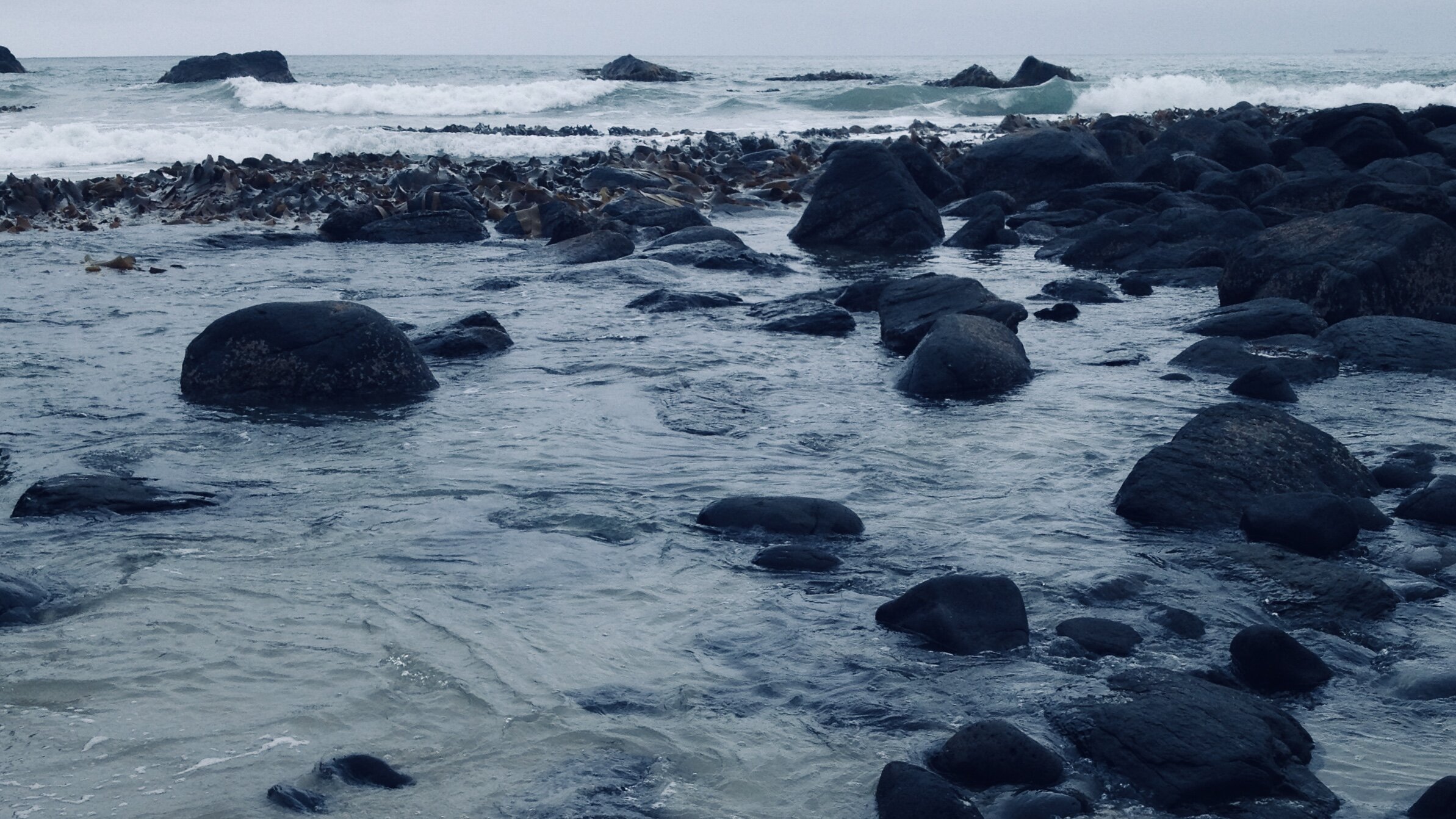
Research
I am an experienced researcher with a PhD in modern German literature and literary history from Goethe University, Frankfurt am Main, Germany. I have specialised in the literature, history, and philosophy of the (late) nineteenth and twentieth centuries, although I have also worked on material going back to the beginning of the early modern period as well as literature and media from the twenty-first century.
I completed my Bachelor of Arts with Honours in German at the University of Otago. I also completed all of the requirements for a bachelor’s degree in history and spent my first three years studying law. During my history studies, I gained my first experience conducting archival research at the Hocken Library and Archives New Zealand in Dunedin. I then performed more advanced archival research at the Bertolt Brecht Archive and the Berliner Ensemble Archive in Berlin.
I have extensive experience in carrying out exhaustive primary and secondary literature reviews and analyses. I also have excellent critical thinking and problem-solving skills, and am adept at synthesising complex material into clear, compelling arguments.
Theatre of Exile: Bertolt Brecht’s Messingkauf
My doctoral project was the first monothematic study on Bertolt Brecht’s Messingkauf (published as Buying Brass in English), which the playwright worked on throughout his exile and which remained unfinished upon his death. I argue that the Messingkauf is his most important attempt to put a theory of his theatre into writing and must be read within the context of Brecht’s own exile.
The first part of my study reconstructed the writing and publication history of the fragment, finding out when and where Brecht worked on it and when and by whom it was published. I also looked at the Berliner Ensemble’s stage adaptation and performance of the fragment in the 1960s.
In the second part, I examined the various stations of theatre history addressed in the dialogues that take place between the characters, such as the fourth wall, empathy, character, etc. In this part, I also spent a lot of time looking at writings by philosophers such as René Descartes, Denis Diderot, Walter Benjamin, Emmanuel Levinas, and Jacques Derrida, primarily concentrating on aesthetic philosophy and discussions of alterity.
Ultimately, I asked what it was that stopped Brecht from bringing his text to an aesthetic conclusion, concluding that it was the logic and structure of the text itself that resisted any kind of finalisation.
My doctoral thesis received the top mark – summa cum laude – and was published in 2019 as Theater des Exils: Bertolt Brecht’s “Der Messingkauf”, to so far favourable reviews!
The Südsee Project
Das Buch von unseren Kolonien, Ottomar Beta, Leipzig 1908.
In Berlin, a city of commemoration, there are only three memorial sites dedicated to Germany’s colonial past, none of which remember German New Guinea or German Samoa. However, the Südsee – literally ‘South Sea’ – first became a setting in German-language literature in the eighteenth century and continues to captivate the German imagination to this day.
In this new project, I would like to examine the interplay between the imaginary Südsee and the real Oceania in German cultural memory: What is the Südsee in the German imaginary and when did it take shape? And where and in what media does the contemporary German-speaking world remember Oceania and the German Empire’s colonial activities in the region?
My analyses of Germany’s problematic relationships with its ‘Others’ will expand on the work I have previously done in continental philosophy and alterity studies, expanding into the discussions of decolonialisation (à la Spivak). This project is more than just a theoretical exercise, as the way that an economic powerhouse like Germany views, remembers, and/or forgets a region more at risk from the dangers of climate change than any other has real-life consequences.

